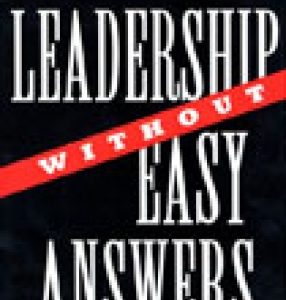
DEV Publishers & Distributors

89 books

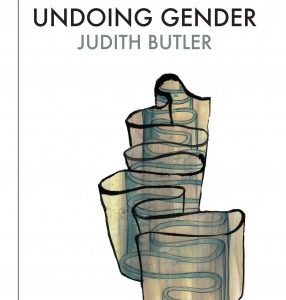
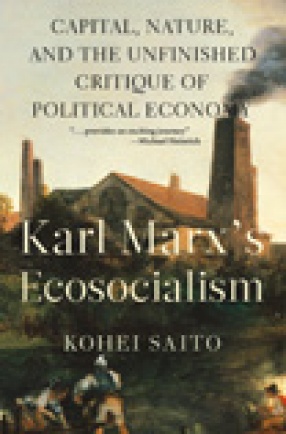
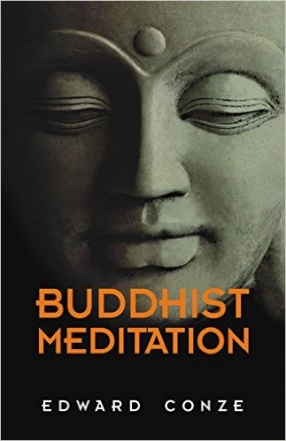
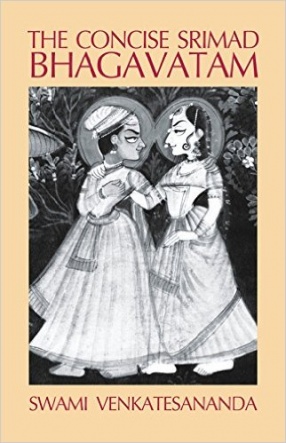
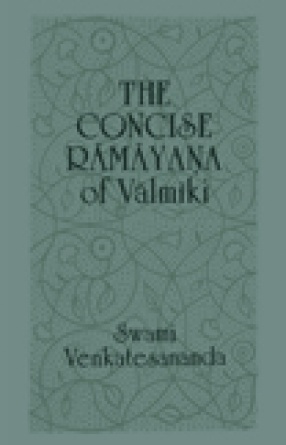
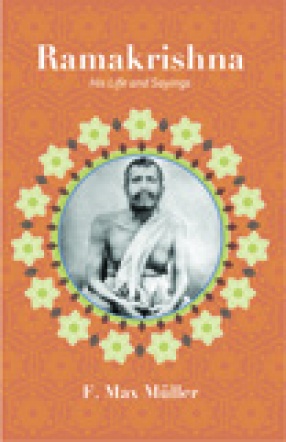
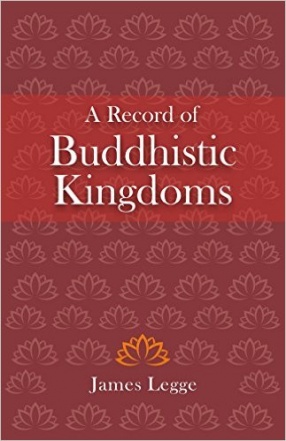
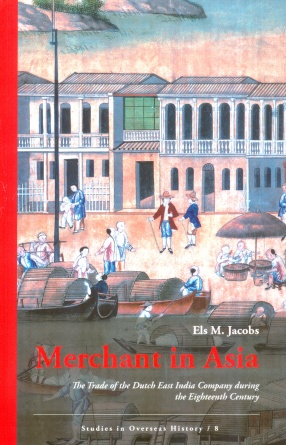
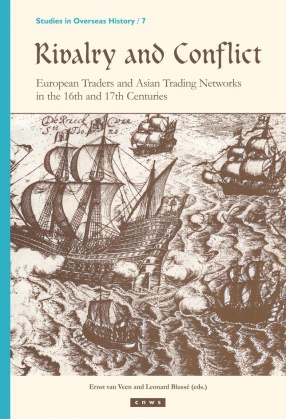
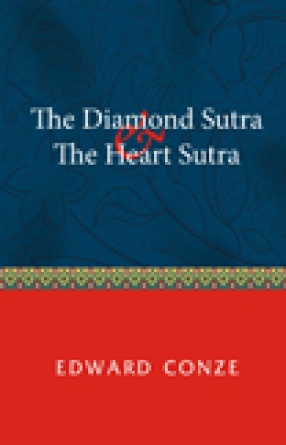
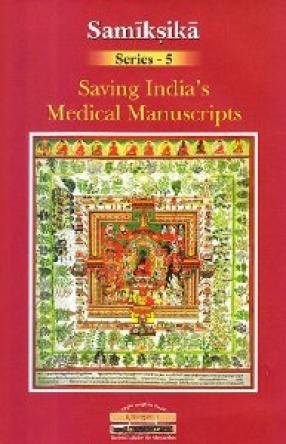

The economy uncertain, education in decline, cities under siege, crime and poverty spiraling upward, international relations roiling: we look to leaders for solutions, and when they don’t deliver, we simply add their failure to our list of woes. In doing do, we do them and ourselves a grave disservice. We are indeed facing an unprecedented crisis of leadership, Ronald Heifetz avows, but it stems as much from our demands and expectations as from any ...
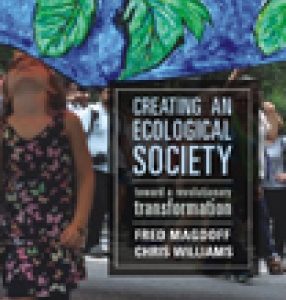
Sickened by the contamination of their water, their air, of the Earth itself, more and more people are coming to realize that it is capitalism that is, quite literally, killing them. It is now clearer than ever that capitalism is also degrading the Earth’s ability to support other forms of life. Capitalism’s imperative—to make profit at all costs and expand without end—is destabilizing Earth’s climate, while increasing human misery ...

Undoing Gender constitutes Judith Butler's recent reflections on gender and sexuality, focusing on new kinship, psychoanalysis and the incest taboo, transgender, intersex, diagnostic categories, social violence, and the tasks of social transformation. In terms that draw from feminist and queer theory, Butler considers the norms that govern--and fail to govern--gender and sexuality as they relate to the constraints on recognizable personhood. The book constitutes ...
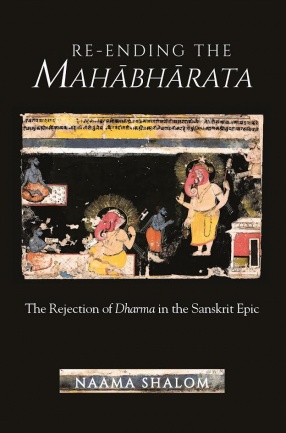
This book challenges two prevalent assumptions about the Mahbhrata: that its narrative is inherently incapable of achieving a conclusion and that its ending, the Svargrohaa parvan, is an extraneous part of the text. While the exegetic traditions have largely tended to suppress, ignore, or overlook the importance of this final section, Shalom argues that the moment of the condemnation of dharma that occurs in the Svargrohaaparvan, expressed by the epic ...
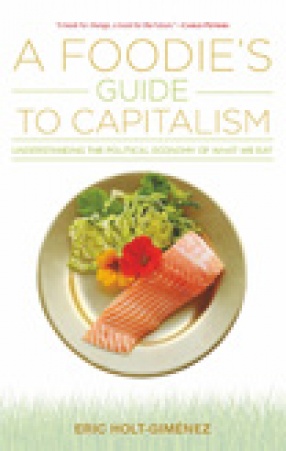
Capitalism drives our global food system. Everyone who wants to end hunger, who wants to eat good, clean, healthy food, needs to understand capitalism. This book will help do that.
In his latest book, Eric Holt-Giménez takes on the social, environmental, and economic crises of the capitalist mode of food production. Drawing from classical and modern analyses, A Foodie’s Guide to Capitalism introduces the reader to the history of our food system and ...

Karl Marx, author of what is perhaps the world’s most resounding and significant critique of bourgeois political economy, has frequently been described as a “Promethean.” According to critics, Marx held an inherent belief in the necessity of humans to dominate the natural world, in order to end material want and create a new world of fulfillment and abundance—a world where nature is mastered, not by anarchic capitalism, but by a planned ...
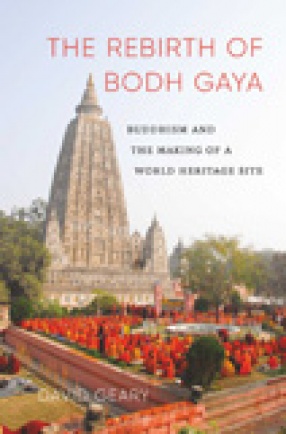
This multilayered historical ethnography of Bodh Gaya - the place of Buddha's enlightenment in the north Indian state of Bihar - explores the spatial politics surrounding the transformation of the Mahabodhi Temple Complex into a UNESCO World Heritage site in 2002. The rapid change from a small town based on an agricultural economy to an international destination that attracts hundreds of thousands of Buddhist pilgrims and visitors each year has given rise to a ...

Remember that metaphor about the frog that slowly cooks to death in the pot of increasingly warm water? Leftists have used it for years to describe how people can accept dwindling health care, fading job opportunities, eroding racial and gender equality—as long as the loss occurs gradually. Now, with Donald Trump having slouched off to Washington, most of the mainstream media are working overtime to convince us that we can still stand the heat. Leave it to ...
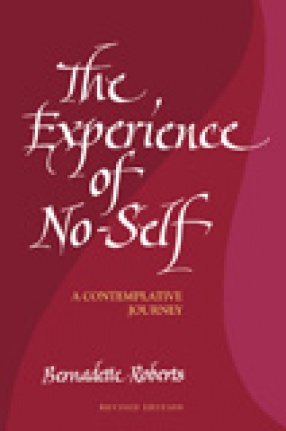
One of the most significant spiritual books of our day. One of the best books on this subject since St. John of the Cross. An amazing book, it clarifies the higher regions of the spiritual path." -- Father Thomas Keating
Within the traditional framework, the Christian notion of loss-of-self is generally regarded as the transformation or loss of the ego (lower self) as it attains to the higher or true self in its union with God. Thus, because self at its ...

Meditational practices constitute the very core of the Buddhist approach to life. An intensely practical religion, Buddhism is by contrast inclined to treat doctrinal definitions and historical facts with some degree of unconcern. As prayer in Christianity, so meditation is here the very heartbeat of the religion. Enlightenment, or the state of Nirvana, is, of course, the ultimate aim of Buddhist meditations. On the way to Nirvana they serve to promote spiritual ...
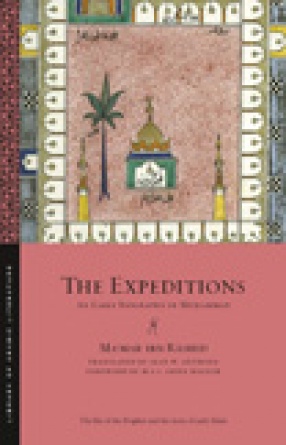
The Expeditions is one of the oldest biographies of the Prophet Muhammad to survive into the modern era. Its primary author, Ma'mar ibn Rashid (714-770 AD/96-153 AH), was a prominent scholar from Basra in southern Iraq who was revered for his learning in prophetic traditions, Islamic law, and the interpretation of the Qur'an. This fascinating foundational seminal work contains stories handed down by Ma'mar to his most prominent pupil, 'Abd al-Razzaq of Sanaa, ...
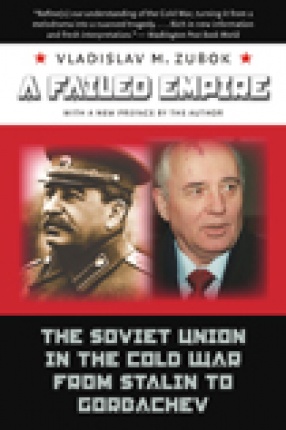
In this widely praised book, Vladislav Zubok argues that Western interpretations of the Cold War have erred by exaggerating either the Kremlin's pragmatism or its aggressiveness. Explaining the interests, aspirations, illusions, fears, and misperceptions of the Kremlin leaders and Soviet elites, Zubok offers a Soviet perspective on the greatest standoff of the twentieth century. Using recently declassified Politburo records, ciphered telegrams, diaries, and taped ...
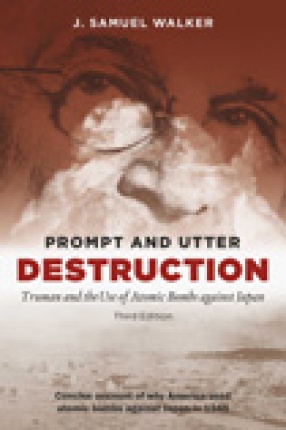
In this concise account of why America used atomic bombs against Japan in 1945, J. Samuel Walker analyzes the reasons behind President Truman’s most controversial decision. Delineating what was known and not known by American leaders at the time, Walker evaluates the options available for ending the war with Japan. In this new edition, Walker incorporates a decade of new research--mostly from Japanese archives only recently made available--that provides ...

This is a condensed version of a long Purana of 18,000 verses. By means of stories from the lives of avatars, sages, and kings, it popularized the teaching of the Vedas. To study it is the best of all ways to become acquainted with the living religion of India today. The nineteenth century saint Ramakrishna said of the Bhagavatam, "It is fried in the butter of Knowledge and steeped in the honey of Love."
At regular intervals through the text, the ...

This is a condensed version of a long epic, written between 750 and 500 B.C., consisting of 50,000 lines of Sanskrit verse. Divided into seven Kandas or books, it tells the story of Rama from his birth to his death. At regular intervals throughout the text, the chapters being condensed are designated by Kanda titles and numbers. Each interval is appropriate in length for a daily reading, and there are 365 intervals.
The cast of characters is provided by a ...

Ramakrishna Paramahamsa was an Indian mystic and yogi during the 19th-century. Ramakrishna was given to spiritual ecstasies from a young age, and was influenced by several religious traditions, including devotion toward the goddess Kali, Tantra and Vaishnava Bhakti and Advaita Vedanta.
The name of Ramakrishna has lately been so often mentioned in Indian, American and English newspapers that a fuller account of his life and doctrine seemed to the author likely to ...

If one intends to delve into the intricacies and tendencies of the Gupta Dynasty, their Empirical understandings, Fa-hein’s travel notes of his visit of the Indian sub-continent and erstwhile Ceylon from AD 399 – 414 are perhaps the best available resources for it. His accounts share the glimpses of the fundamentals of religion, practices and culture. It is an invaluable crowned gem of knowledge which provides in-depth sights of the prevalence of ...

For much of its two centuries of existence (1602 to 1799), the VOC, the Dutch East India Company was the largest trading company in the world. Although the VOC was established to operate primarily as a trading company, it soon also came to play a prominent military, diplomatic and political role on the Asian stage and eventually it laid the foundations of the Dutch colonial empire in the Indonesian Archipelago. Merchant in Asia is the first study to pay attention ...

The rivalry between the Dutch and Portuguese in Asia is one of the classic themes of the early history of European expansion overseas. Yet it is often forgotten that until the end of the sixteenth century the seafarers and traders of Portugal and The Netherlands were the best of friends and close trading partners in Europe. This collection of essays seeks to explain the abrupt change in the relationship by analyzing the European interaction with the maritime ...

The Diamond Sutra and The Heart Sutra are texts belonging to the Prajñpramit category of Mahayana Buddhism, which translates to ‘Perfection of Wisdom’.
The Prajñpramit literature consists of thirty-eight different books, composed in India between 100 B.C. and A.D. 600. The judgement of thirty generations of Buddhists in China, Japan, Tibet and Mongolia has singled out two of these as the holiest of the holy – the Diamond Sutra and ...

The National Mission for Manuscripts was established in February 2003 by the Ministry of Culture. Its purpose is to locate, document, preserve and disseminate the knowledge content of Indian manuscripts. While looking ahead to reconnect with the knowledge of the past, the Mission is in the process of trying to re-contextualize the knowledge contained in manuscripts for the present and the future generations. The Mission organizes seminars on various subjects ...
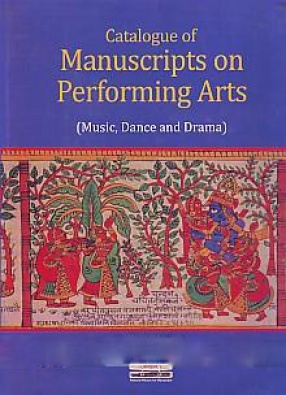
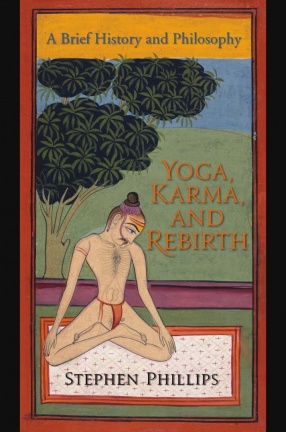
FOR SERIOUS YOGA PRACTITIONERS curious to know the ancient origins of the art, Stephen Phillips, a professional philosopher and sanskritist with a long-standing personal practice, lays out the philosophies of action, knowledge, and devotion as well as the processes of meditation, reasoning, and self-analysis that formed the basis of yoga in ancient and classical India and continue to shape it today.
In discussing yoga s fundamental commitments, Phillips explores ...
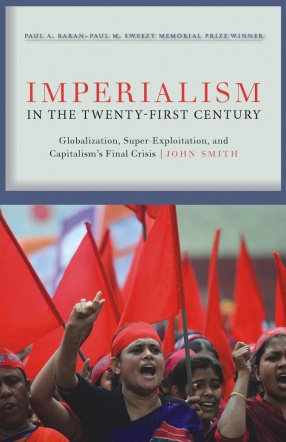
Imperialism in the Twenty-First Century is a seminal examination of the relationship between the core capitalist countries and the rest of the world in the age of neoliberal globalization. Smith begins by tracing the production of certain iconic commodities-the Tshirt, the cup of coffee, and the iPhone - and demonstrates how these generate enormous outflows of money from the countries of the Global South to transnational corporations headquartered in the North. ...
